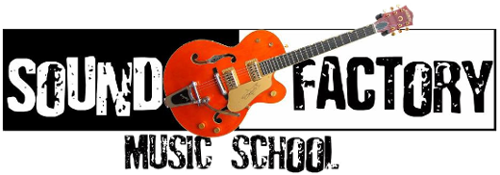The Sound Factory Music School
Simple, but profound, and this concept of valuing incremental progress finds its way into all walks of life, beyond music. If you exercise, you will gain strength. If you clean, your environment will become more pleasant. If you communicate, your projects will go more smoothly. If you are thoughtful and loving in your relationships, they will strengthen. Even if all you do is fifteen minutes per day.
Developing the habit of regular practice on your instrument is the most important factor in how you will improve over time. What practice means, though, varies between different people. This is a dangerous fact to drop, but I have known several world-class artists, playing in the world’s finest orchestras and with GRAMMY awards on their bookshelves, who have admitted to me that they seldom practice, in the traditional sense. No endless scales, no method books, no tedious drills. However, they do rehearse several times a week, if not every day. So, they are getting the hours in a their instruments. And I suspect at the beginning of their careers, or as children, they did put in some time developing technique. Building the initial momentum is the hardest part, so here are a few tips for getting the ball rolling.
0 Comments
Leave a Reply. |
studio |
|


 RSS Feed
RSS Feed